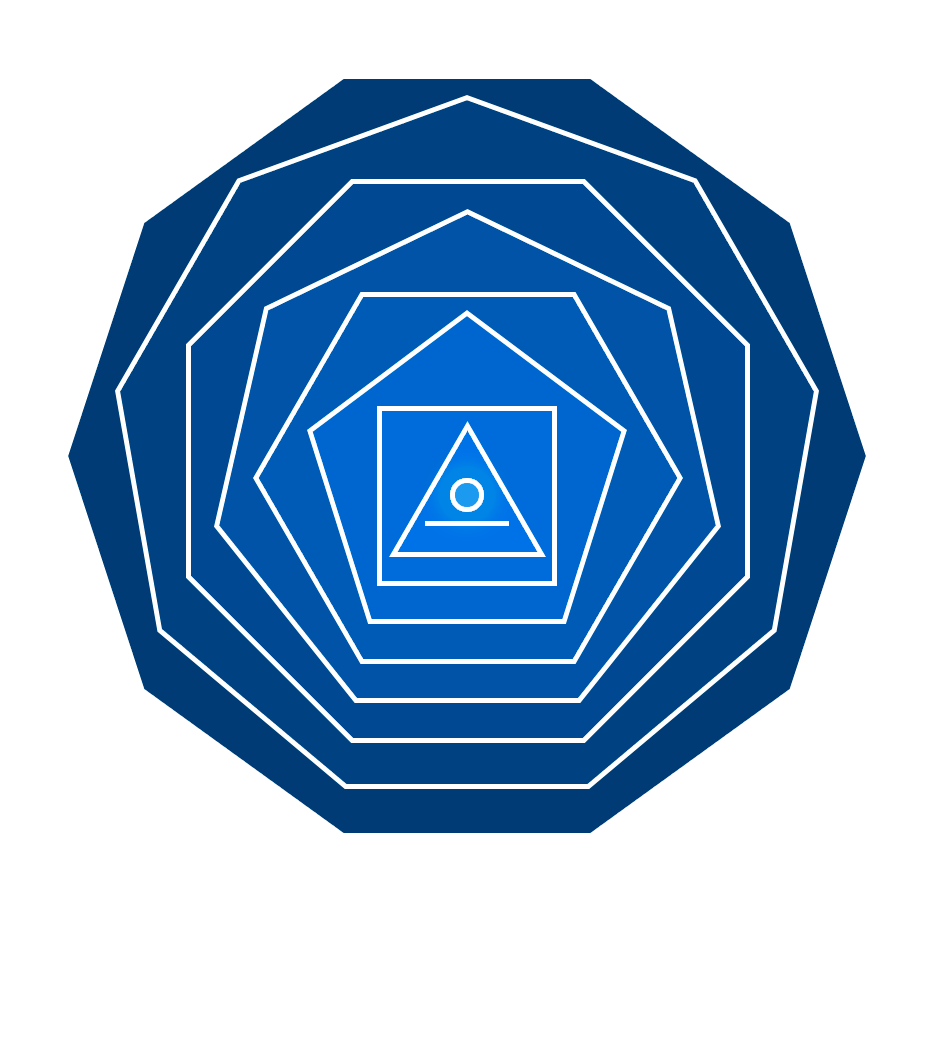
A Brief Introduction to Developmental Leadership
What is developmental leadership and why are we in urgent need of it now?
Reflect for a moment on the context of your work. How would you characterize it? What persistent challenges are you facing?
Now reflect for a moment on how you tend to think about, relate to, and approach these challenges.
How often are you in a reactive state, spending your time and energy putting out fires to keep the ship afloat?
If the answer is something like more often than I wish, you are in good company. The reality is that for nearly all of us, we find ourselves in an increasingly complex, rapidly transforming world that often feels overwhelming.
Einstein wisely said, we can’t solve our problems from the same level of thinking we used to create them.
Yet this is exactly what most of us tend to do. We frantically accumulate new tools and knowledge in an attempt to keep up with rapid change, but we find ourselves struggling to keep our heads above water.
What is the difference between accumulating tools and knowledge and upgrading our level of thinking?
From one perspective (we invite you try on), this is the difference between learning and development.
Developmental Leadership, then, is about catalyzing a shift in our level of thinking. In developmental work, we use specific frameworks as lenses to help us think and reflect in new ways and on new levels.
For example, one foundational framework is called Will Being Function, which helps us to reflect on the different aspects of a more holistic approach to developing ourselves and others.

Reflect on the following questions to get a taste for practicing with this framework.
Will:
- How often do you feel highly motivated in your work?
- When does the quantity or quality of this motivation tend to drop?
- How does a shift in the source of your motivation correlate?
- What is required of you to stay grounded in a more energizing source of motivation?
Being:
- How often do you go through the motions on “autopilot”?
- How often do negative emotions impact how you show up?
- How do your attitudes and mindsets influence your ability to create value for others in your roles?
Function:
- What level are you performing on in your current role(s)?
- What skill and knowledge gaps can you identify between this and the next level of performance in these roles?
Will Being Function is an example of an organizing framework, which helps us to make connections between different aspects of a system so we may understand it as whole.
A complimentary instrument is an ordering framework, such as Modes of Behavior below:

Take a moment to explore and reflect on the connections between these two frameworks:
How does will (level of motivation), being (internal mental/emotional state) and function (actions, decisions) shift as you move from reactive to ego to purposeful modes of behavior?
If you are finding this challenging, that’s OK. These are not one-and-done questions. This is an ongoing process and practice. See if you can old these questions loosely with a sense of curiosity moving forward.
One guiding principle of Developmental Leadership is that of co-evolving mutualism: simultaneously working on self-development and supporting the development of others.
With this principle in mind, how might you evolve your practice to develop yourself and others in terms of will, being and function? How might you shift toward a more purposeful mode of behavior?
What value would this create for you and others? What capabilities must you work to develop to do this effectively?
At the heart of our approach is what we call Capability Coaching: building core developmental capabilities that increase our capacity for co-evolving alongside our teams, families, organizations, communities, industries, and ecosystems.
As this coevolutionary capacity increases, so does our ability to step into new unique-value-adding roles within these systems.
At DLI our work focuses on building 3 Core Capabilities, which map to Will Being and Function:

Living System Thinking enables us to think more systemically and holistically, shifting the source and quality of our motivation to serving the potential of the specific systems we are nested within, with a deepening sense of caring and purpose: our families, teams, organizations, communities, industries, ecosystems, etc.
Self-Management enables us to become more resilient and effective in the face of uncertainty and change, increasing agility and freeing us from the burden of micromanagement and top-down control (freeing both leaders and subordinates).
Engaged Initiative enables us to take action with a sense of agency and self-efficacy, taking on new challenges that support ongoing development with a sense of confident humility.
Acknowledgments: A Note on Lineage
Many of the frameworks and ideas we use at DLI, including the framework above, come from a lineage of practitioners inspired by the work of Charles Krone, who developed a revolutionary approach to work design at Proctor and Gamble beginning in the 1960s.
Krone drew from the work of the English mathematician and philosopher John Bennett on Systematics, as well as from General Systems Theory, to develop an approach to understanding living systems as wholes. Bennet in turn was heavily influenced by the philosopher G.I. Gurdjieff.
Through working with our mentors, including Carol Sanford of the Carol Sanford Institute, Ben Haggard and Pamela Mang of the Regenesis Institute for Regenerative Practice, and others, we aim to respectfully carry forward this lineage of developmental work at the Developmental Leadership Institute.
Next Steps: An Invitation
If this is resonating, we invite you to complete a short reflective exercise followed up by a free capability coaching session.
No sales pressure we promise—we just want to give you a taste of this work and let you decide if you are feeling called to go deeper with it (attending this free 1-on-1 will also qualify you for our free monthly community workshops).
Complete and submit the short form below, then select a time for your free session. Looking forward to connecting with you there!

